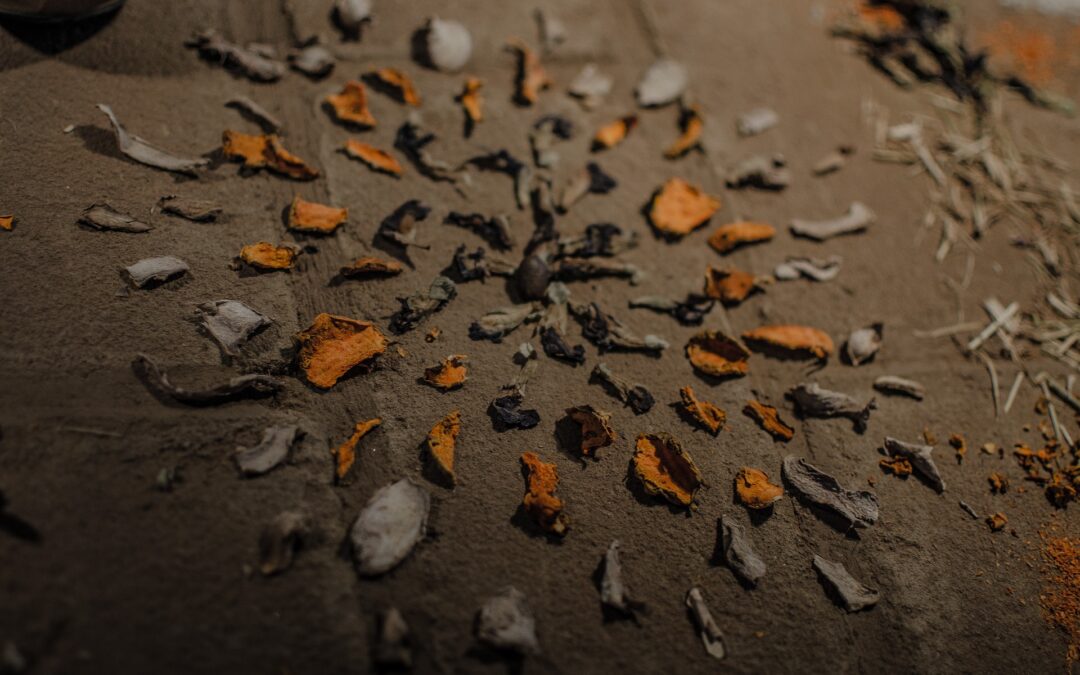Voodoo is a form of African religion that is widely practiced in Haiti, New Orleans, and the southeastern United States. The religion has become part of American culture through the centuries, but its origins date back to the time of slavery. Slaves of African descent practiced Voodoo in the Americas and Caribbean, and many historians believe it played a key role in the slave uprisings in the early 1800s.
Voodoo, or Vodun, is a religion with roots in West Africa. Among the tenets of the religion are animal sacrifice and spiritual possession. There are also hundreds, if not thousands, of other spirits and deities involved. This is the basis of the ethos of Voodoo.
The religion’s ceremonies include animal sacrifices, prayers, dancing, and rituals. The snake plays a significant role in these ceremonies. The high priest or priestess will embody the power of the serpent. Many ceremonies also include animal sacrifices, which can be frightening to outside observers.
Voodoo also acknowledges the spirits of the ancestors, called loa in Haiti. These spirits are also known as les mots and marasa. In addition to the spirits, followers of Voodoo may consult their loa to help them with their day-to-day lives. Loas help them to connect with God and receive guidance.
Dolls are also important in voodoo rituals. They can be placed on graves to communicate with the deceased or hanging from kapok trees in the cemetery. The dolls also act as mediums to communicate with spirits. Moreover, loa can be summoned by the pwen, a pot of objects placed in a container.
Despite its complex history, modern Voodoo is still trying to shake off its negative connotations. The Bureau of Ethnology in Haiti and the Chateau Musee Vodou in France provide an educational look at the religion. Both museums are sensitive to the history and culture of Voodoo and are devoted to combating common misconceptions about the faith.
Vodou has evolved from blending the traditional religions of West and Central Africa. It also received influences from French colonial culture and Freemasonry. Many Vodouists were also active in the Haitian Revolution, which ended slavery and transformed Saint-Domingue into the Republic of Haiti. Vodou was dominant in Haiti for decades following the Haitian Revolution and the Catholic Church’s expulsion.
Voodoo practices are based on spiritualism. They believe that the spirits of the dead are attracted to human beings through rituals. This connection is said to help with healing and communication with the deceased. A Voodoo doll is not a channel for evil spirits, although it is often used to communicate with the deceased.

